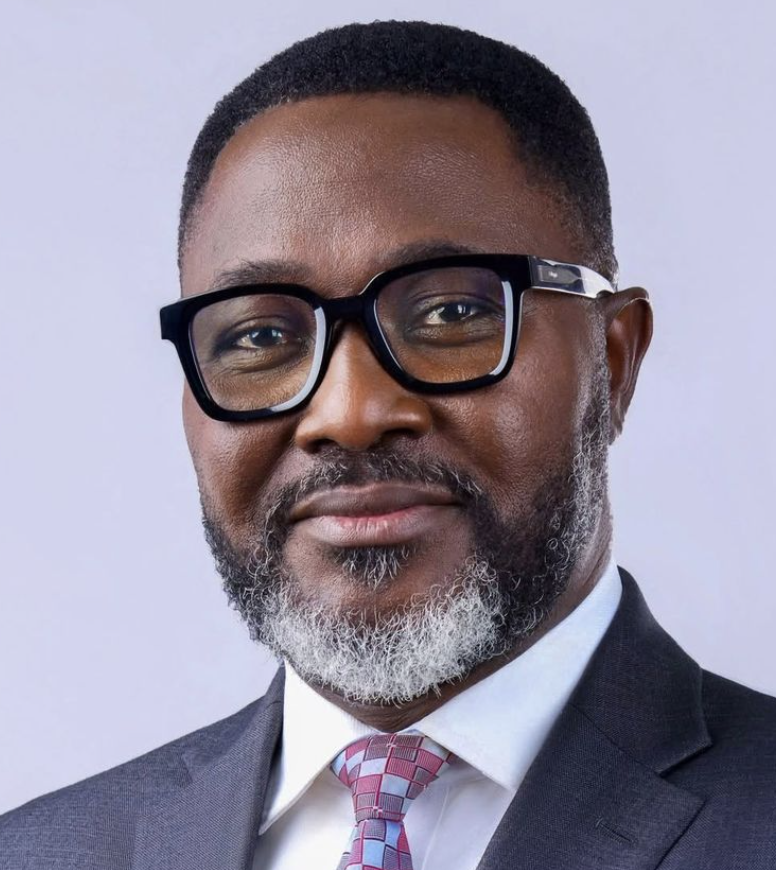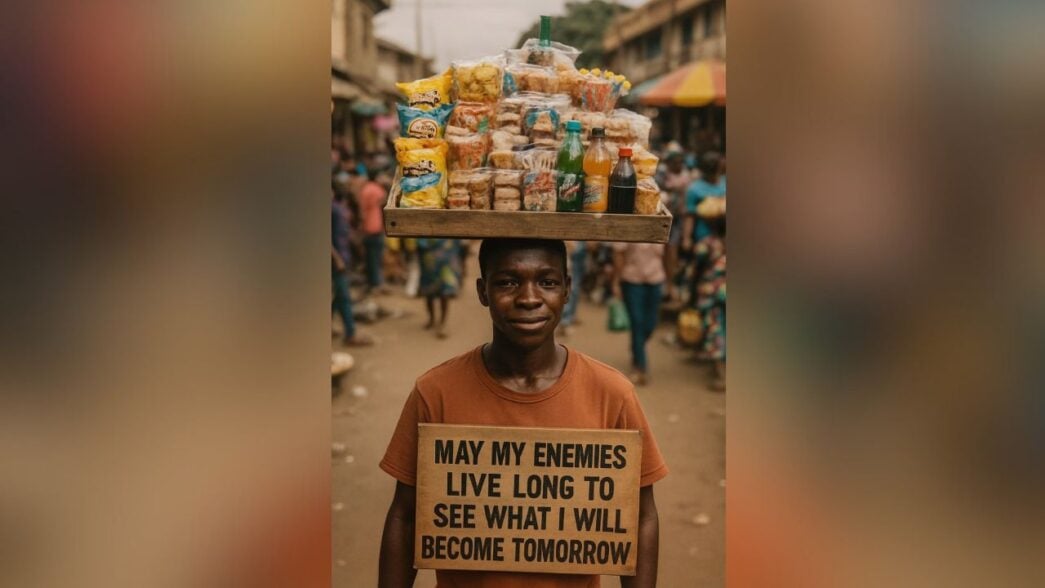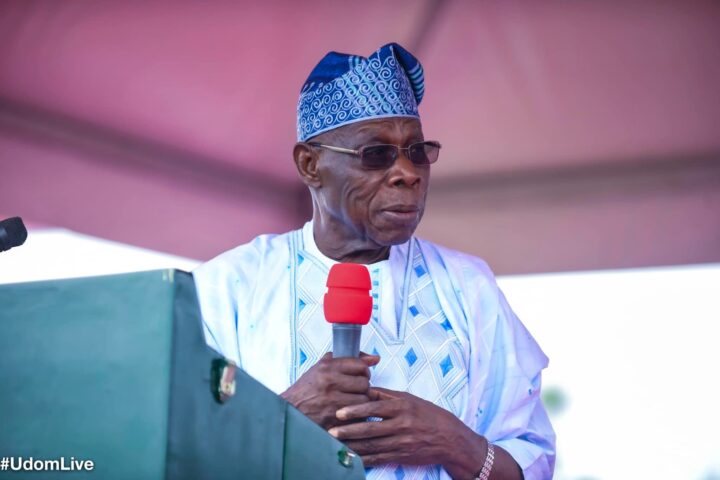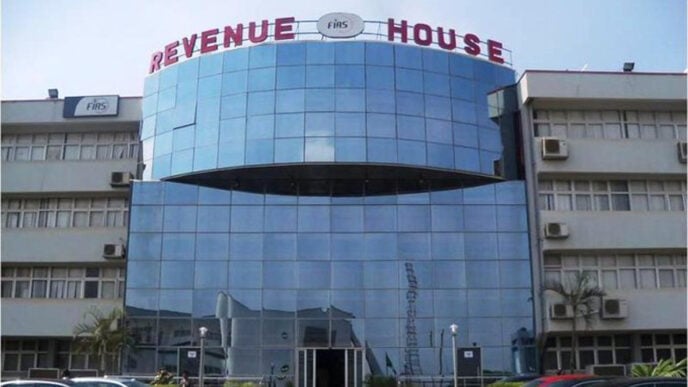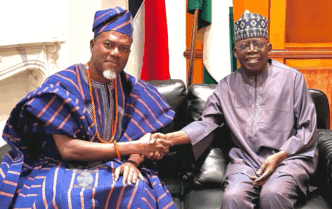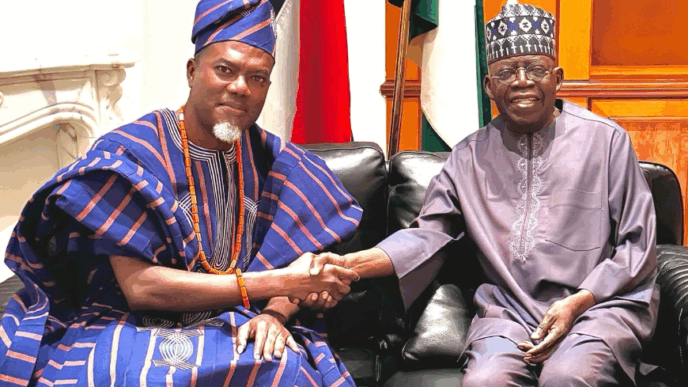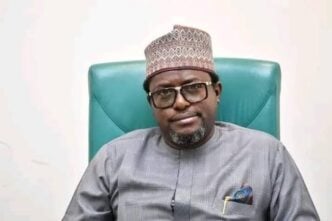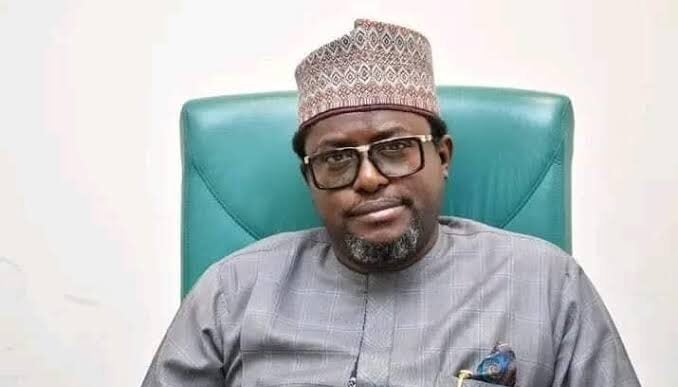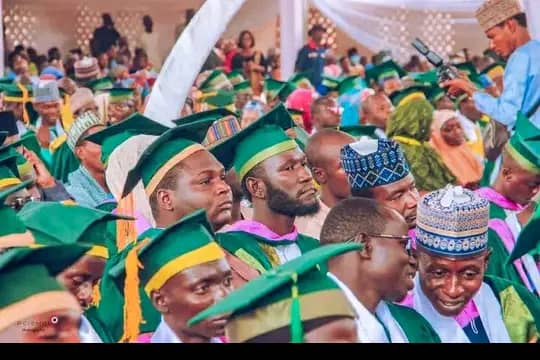The phrase “No condition is permanent” is more than just a common saying in Nigeria; it is a profound cultural philosophy that encapsulates the very essence of the Nigerian experience, as explored in the historical novel by Aliyi Ekineh. This philosophy is the bedrock of a society that has, for decades, navigated a complex and ever-changing landscape of cultural, economic, and political shifts. It speaks to a deep-seated belief that no matter the hardship or triumph, the current state of affairs is not a fixed reality.
This national psyche has birthed a survivalist culture rooted in resilience and ingenuity. When faced with economic turbulence, such as fluctuating oil prices or infrastructural challenges, Nigerians do not simply endure; they innovate. This is the spirit that has fueled the informal economy and given rise to countless small businesses, from roadside vendors to tech startups born out of necessity. It is a culture of creative adaptation, where individuals constantly “make a way” out of what seems like no way. This mindset is a direct response to the “vicissitudes of life in Nigeria,” a term that aptly describes the unpredictable and often difficult journey from colonial rule to a modern, independent nation.
This resilience is underpinned by an incurable culture of optimism. Despite the daily complexities (the traffic, the power outages, the political uncertainties), there is an unwavering belief that things will get better. This optimism is not naive; it is a form of spiritual and psychological armor. It is what keeps people going, a quiet faith that hard work and perseverance will eventually yield a positive outcome. It is a shared emotional currency that binds people together, fostering a sense of collective endurance and hope.
The social dynamics within Nigeria are a blend of deep-rooted traditions and modern aspirations. The family unit and communal ties remain incredibly strong, serving as a social safety net where the government’s role may fall short. Yet, this traditional structure coexists with a fierce individualism and a drive for personal success. This duality (the collective and the individual) creates a complex social fabric.
Advertisement
This blend of resilience, adaptability, and optimism has not gone unnoticed on the global stage. There is a pervasive and complex combination of respect, admiration, and fear (envy) directed at Nigerians, not only by other African countries but also by the rest of the world.
Nigerian professionals, entrepreneurs, and creatives are found in every corner of the globe, excelling in fields from medicine and technology to arts and entertainment. Their drive and ability to succeed against the odds are widely respected. However, this admiration is often accompanied by a certain level of apprehension or envy – a recognition that Nigerians are formidable competitors who are relentless in their pursuit of success. This perception is a testament to the nation’s human capital, a resource that is perhaps its greatest export.
In essence, Nigeria’s story is a testament to the power of a single philosophy. “No condition is permanent” is the enduring mantra of a people who refuse to be defined by their challenges. It is the core of their social, cultural, and political evolution, shaping a complex and powerful identity that continues to thrive, adapt, and shine on the world stage.
Advertisement
Adebawo is an accomplished business leader and communications expert with extensive experience in the oil and gas industry. He currently serves as the General Manager of Government, Joint Venture, and External Relations at Heritage Energy. Adebawo is also an author, scholar, and ordained minister, known for his writings on socio-economic issues, strategic communication and leadership.
Views expressed by contributors are strictly personal and not of TheCable.
